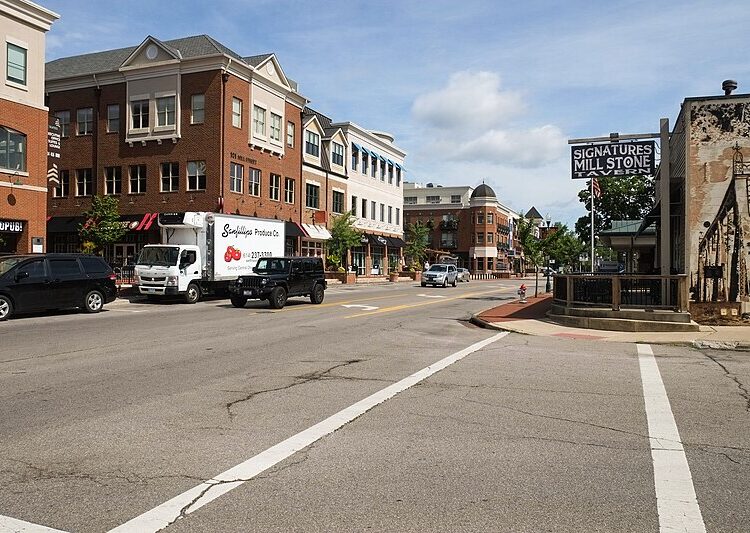A landmark decision could reshape the future of condo developments in Florida.
- Angelica Avila refused a lucrative offer for her condo, leading to its demolition.
- A recent court ruling favored holdout condo owners, challenging developers’ practices.
- The ruling could impact future condo terminations across Florida.
- Developers often buy out units to build luxury towers on prime waterfront land.
- The ruling raises concerns about the risk analysis for developers in acquiring older condos.
In Miami, Angelica Avila cherished her condo with a view of Biscayne Bay, refusing a tempting offer of $690,080 from a developer. Despite her resistance, the developer acquired enough units to terminate the condo, leading to its planned demolition. After the developer indicated they would cut off essential services, Avila relocated to a small rented room, leaving her beloved home behind. This situation highlights a troubling trend in Miami’s real estate market, where developers can force condo owners to sell against their will. However, a recent appeals court ruling has shaken this practice, siding with the holdout residents of Biscayne 21. The court overturned a previous decision favoring the developer, Two Roads Development, raising questions about the future of similar projects across Florida. Developers are now reconsidering their strategies, as the ruling could significantly alter the risk assessment involved in acquiring older condominiums. The ruling comes at a time when many condo owners are facing hefty special assessments for safety inspections, prompting some to sell their units. The Biscayne 21 building now stands empty, a stark reminder of the ongoing battle between developers and residents who wish to remain in their homes. The court’s decision may have far-reaching implications for the condo market in South Florida, as it challenges the established norms of bulk purchases and terminations.·
Factuality Level: 7
Factuality Justification: The article provides a detailed account of the situation surrounding the Biscayne 21 condo and the implications of a recent court ruling. While it presents factual information and quotes from involved parties, it also includes some subjective language and emotional appeals that could be seen as biased. Additionally, there are instances of redundancy in discussing the same events and perspectives, which detracts from the overall clarity. However, the core information appears to be well-researched and relevant to the topic.·
Noise Level: 8
Noise Justification: The article provides a detailed account of the challenges faced by condo owners in Miami, particularly focusing on the implications of a recent court ruling. It holds developers accountable, explores the consequences of their actions on residents, and discusses the broader impact on the real estate market. The article is well-structured, stays on topic, and supports its claims with evidence and examples, making it a thoughtful analysis of the situation.·
Private Companies: Two Roads Development,Related Group
Key People: Angelica Avila (Resident), Lawrence Pecan (Counsel), Matt Allen (Developer at Related Group), Vicki Lopez (State Lawmaker), Bragi Sigurdsson (Local Real-Estate Broker), Gail Tucker-Griffith (Longtime Resident), Michael Hanzman (Former Miami-Dade Circuit Judge), Robert Murphy (Retired New York Attorney)
Financial Relevance: Yes
Financial Markets Impacted: The ruling affects real estate developers and the condo market in South Florida, potentially altering investment strategies and property valuations.
Financial Rating Justification: The article discusses a legal ruling that impacts real estate development practices, specifically regarding the acquisition and termination of condominium properties. This has significant implications for financial markets, particularly in real estate, as it influences developer risk assessments and market dynamics in the region.·
Presence Of Extreme Event: No
Nature Of Extreme Event: No
Impact Rating Of The Extreme Event: No
Extreme Rating Justification: The article discusses a legal and social issue regarding condominium sales and development in Miami, but it does not describe any extreme events such as natural disasters, financial crises, or other categories listed.·
 www.wsj.com
www.wsj.com 





